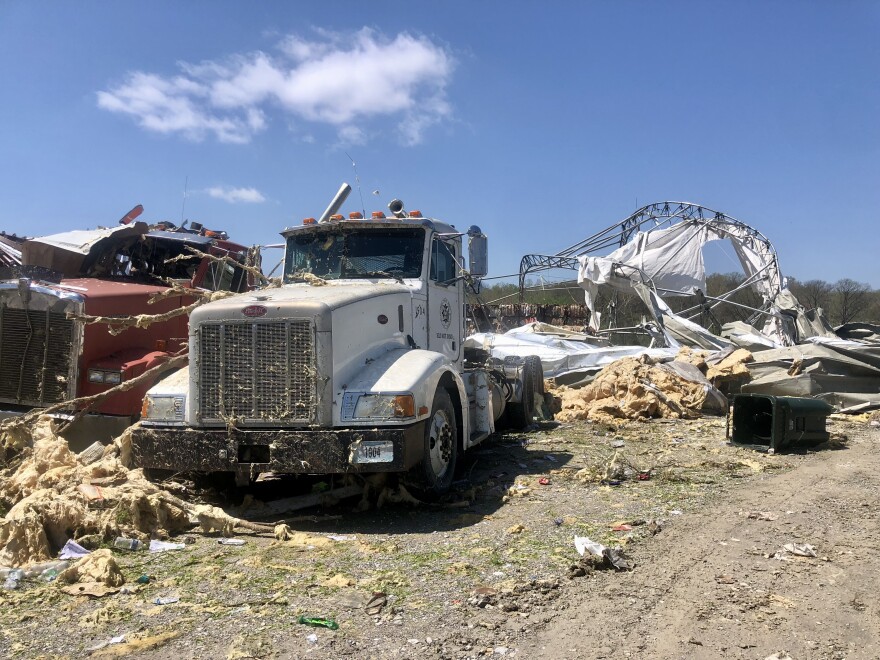Columbia officials are calling on residents, local organizations and outside experts to review its plan for cutting emissions and responding to a warming climate.
The first iteration of the Climate Action and Adaptation Plan was approved by the City Council in 2019, after a two-year development process. Since then, according to an October 30 public hearing, the CAAP has yielded mixed results.
Six years on, the city has had some success: total greenhouse gas emissions have fallen by 14% in the past decade, and the city has been successful in advancing sustainable public transit and community greenspace.
At the same time, some aspects of the plan were deemed too unrealistic for the time being, and funding opportunities were less abundant than anticipated. Unpredictable factors, like the pandemic and the destruction of Columbia’s recycling facility, further slowed some progress.
As the city’s Office of Sustainability begins the review process, manager Eric Hempel said the team hopes to focus their limited resources on goals that will be more feasible in the short-term.
“I'm really looking forward to having a focused five-year plan that helps us leverage our successes and learn from our struggles,” he said. “Moving climate action in Columbia into a place where everybody sees themselves in the plan — where they can fit in and what it does for them — and helps us all be a better, more resilient community.”
To help craft the update, the city brought on Andrea Martin of Cascadia Consulting. She’s spent the past 15 years at Cascadia helping local governments put together plans for sustainable development, including Columbia’s 2019 CAAP.
She stressed that the update will not change or remove any of the initial long-term goals from the first plan, like the city’s commitment to zero emissions by 2060. Instead, over the next few years, they’ll pursue the strategies with the most accessible funding and technology.
“We want to make sure that we are staying really focused, so that the city and other partners in the community who will be implementing this plan, we're setting them up for success,” Martin said.
She said the team will conduct focus groups of city employees, residents and local sustainability advocates to better understand how the CAAP’s implementation will impact the community. A particular focus of this year’s review is ensuring that efforts will be equitably distributed throughout Columbia.
In addition to recent environmental data, Hempel said the team is using conversations across neighborhoods to identify areas with the greatest need for attention in the update.
“It's trying to be as broadly useful as possible, while also being guided by the perspectives and the desires of the people who live in neighborhoods that have higher barriers,” he said.
Both Hempel and Martin said community input will play a major role in deciding on the priorities for the next version of the CAAP. Along with the focus groups, Martin said they plan to continue providing opportunities for residents to interact with the team as they craft the plan.
“Engagement, making sure we're bringing the community and our partners along with us,” she said, “I think part of that is wanting to make sure that this issue is really accessible for everyone in the community, and they understand what this is all about, and feel like they have a role in it too.”
The team will spend the rest of 2025 drafting the update, and present the draft for public comment in January. The finalized update will be presented to the City Council in March.





